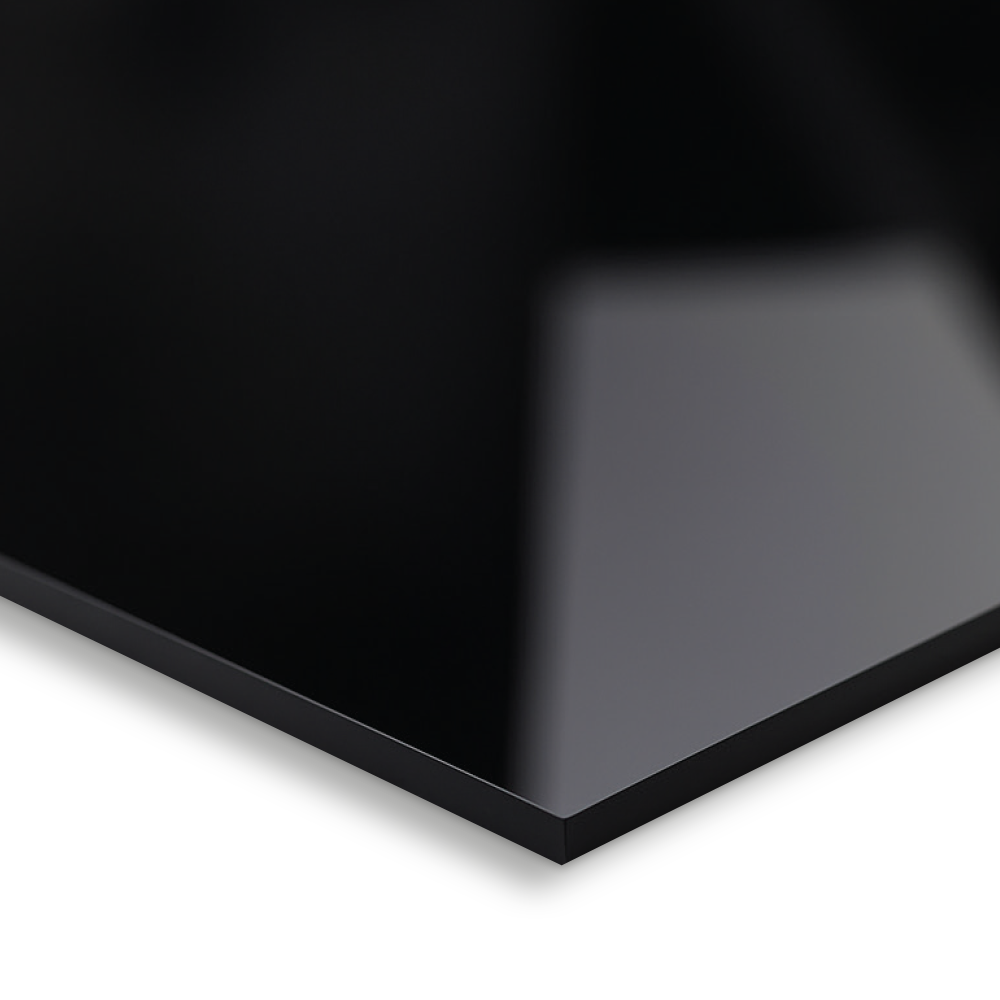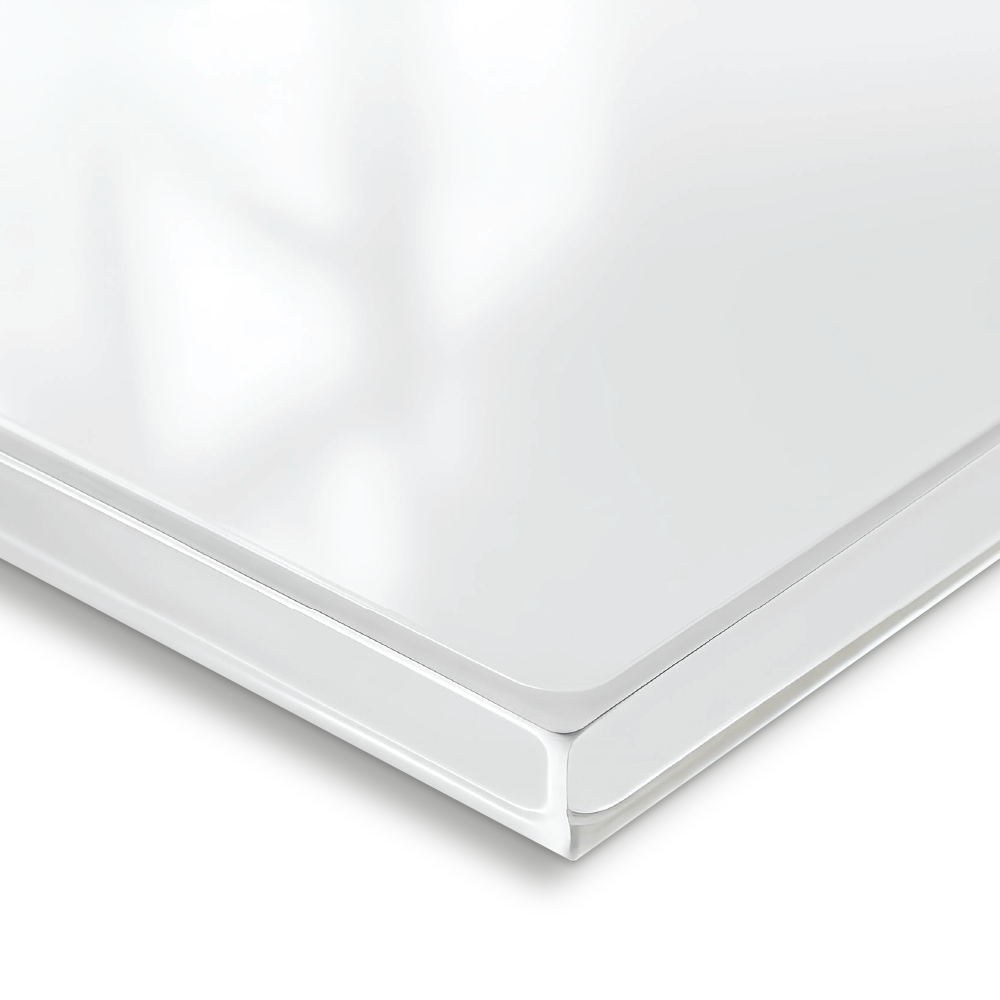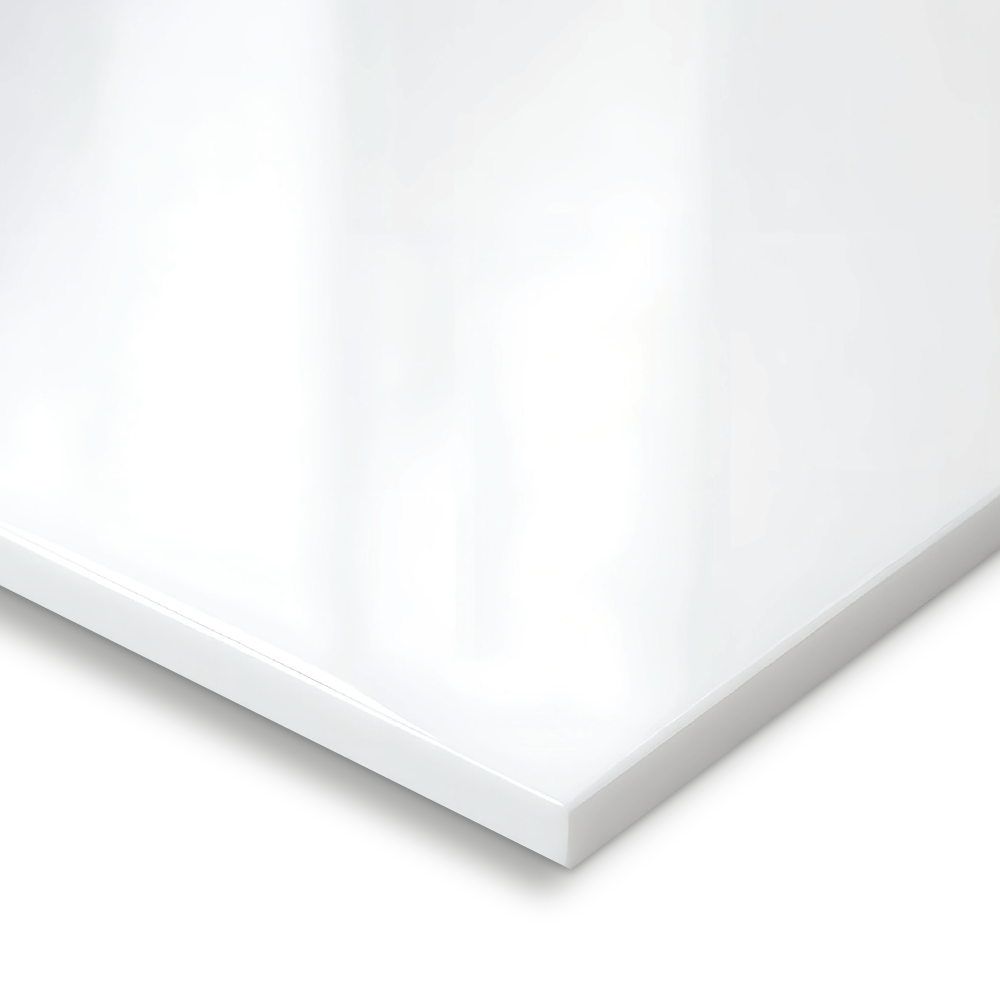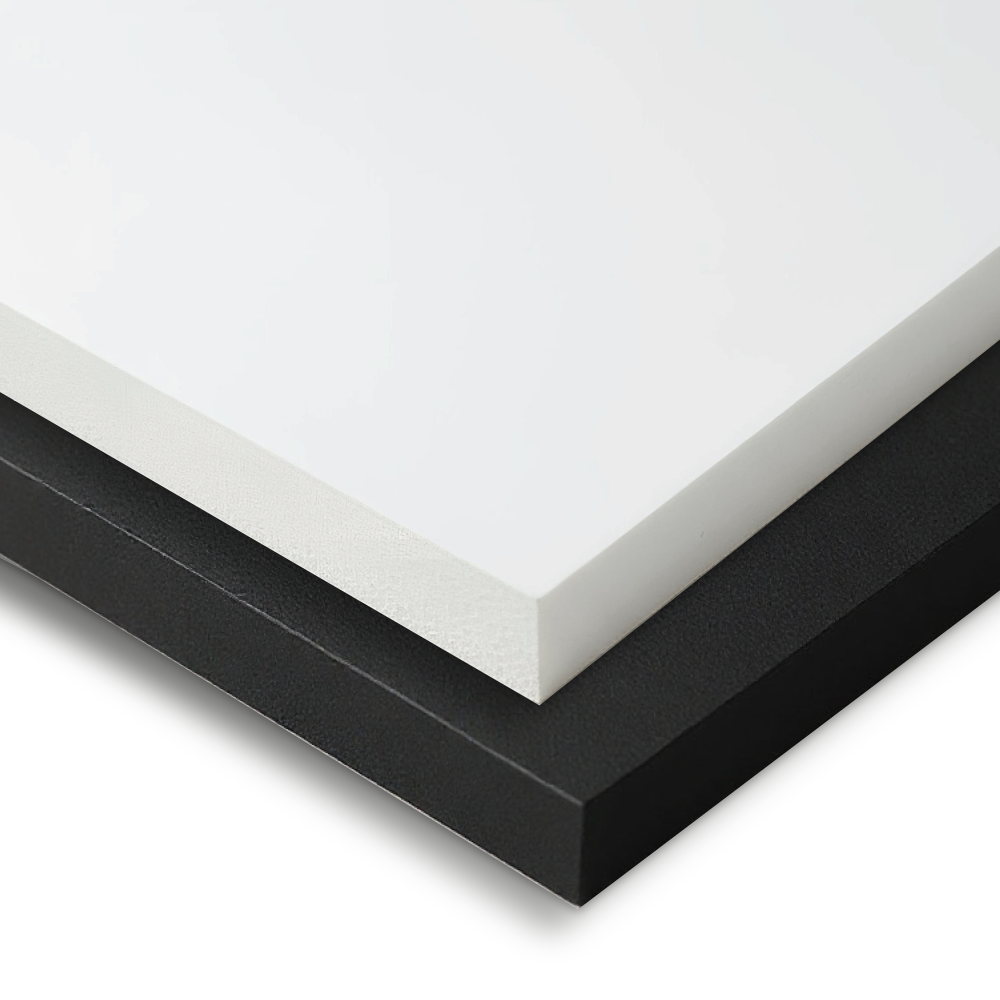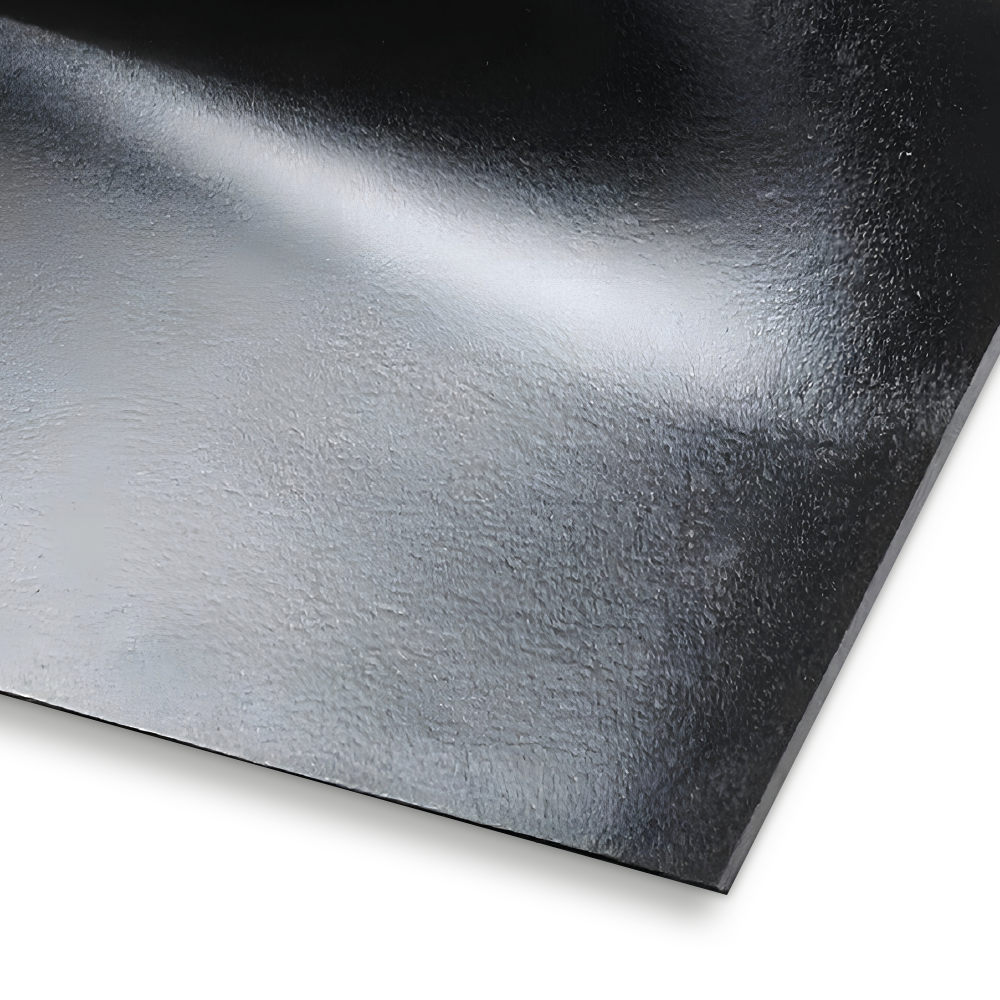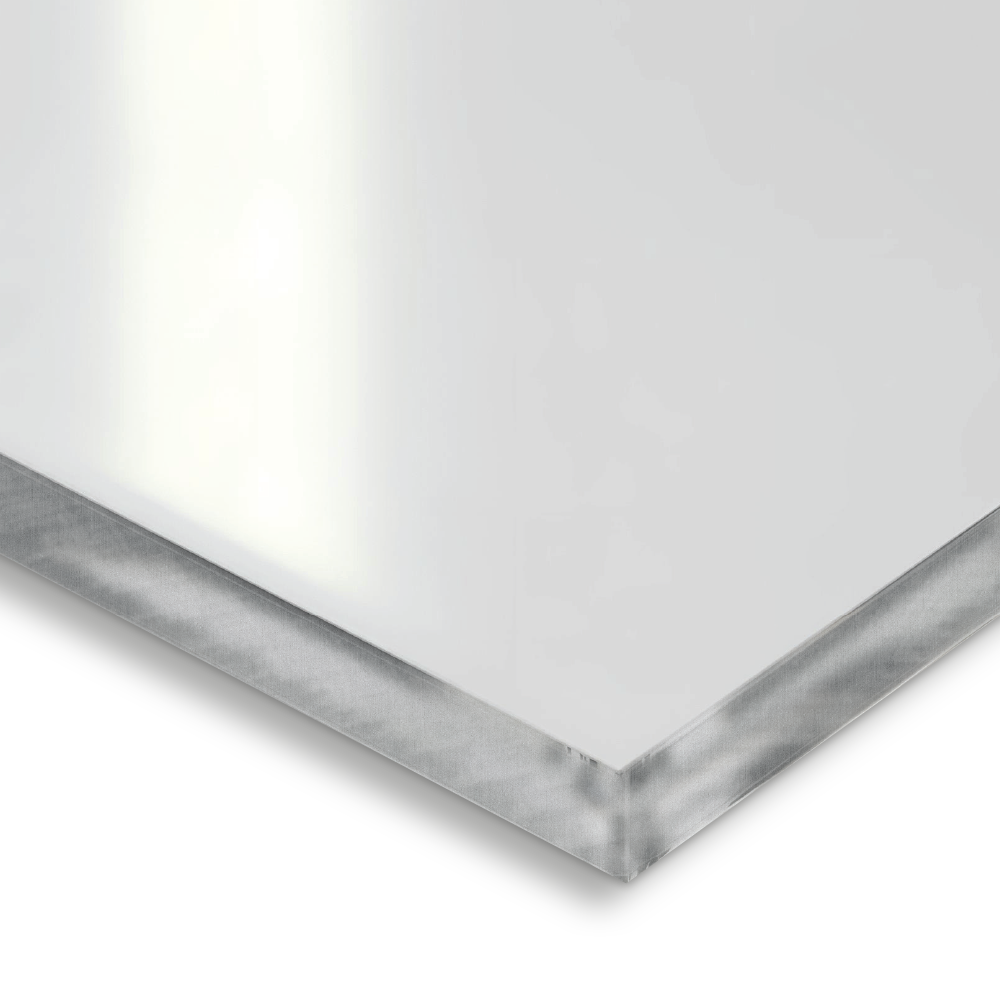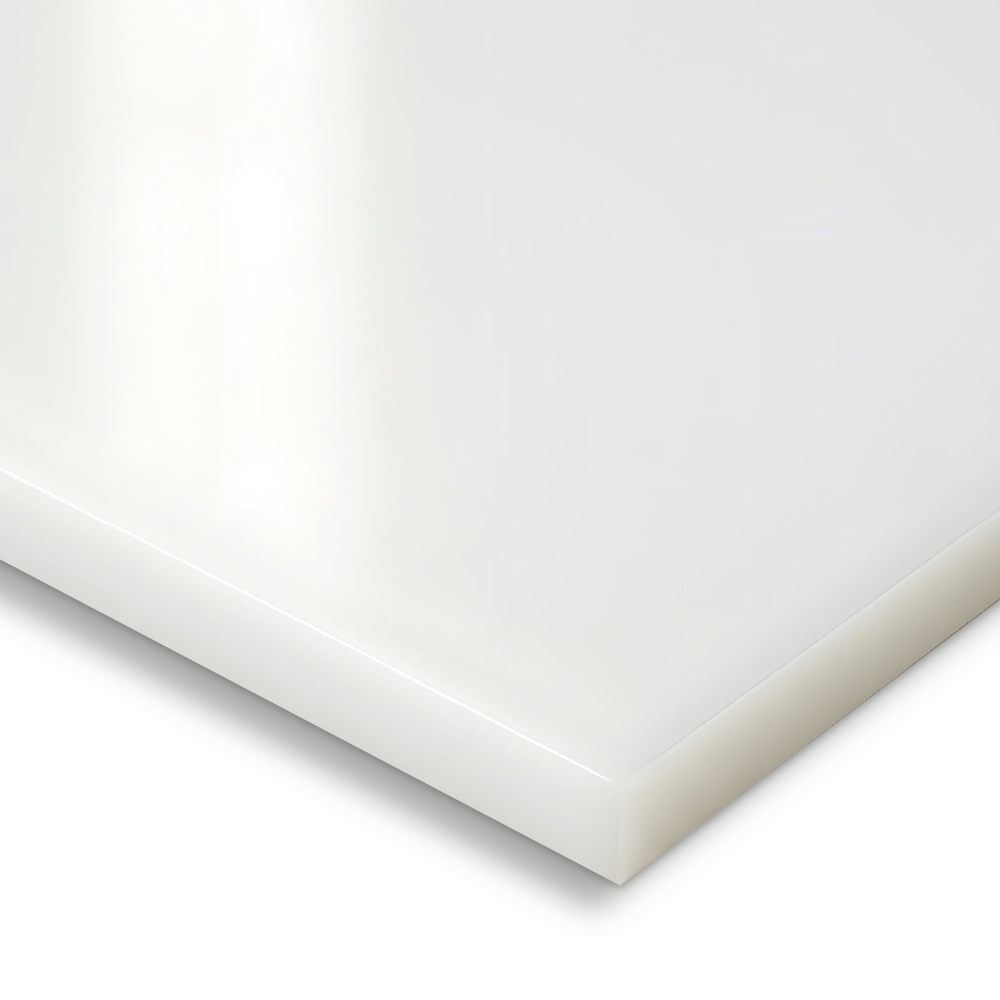Plastics
Explore our range of plastic materials available for laser & water cutting, bending and tapping.
Upload your CAD file to receive instant pricing, 100% online!
Acrylic - Black
Rigid thermoplastic PMMA / Plexiglass
Acrylic - Clear
Rigid thermoplastic PMMA / Plexiglass
Acrylic - White
Rigid thermoplastic PMMA / Plexiglass
FOREX® - White/Black
High-quality foamed PVC sheet
Nitrile Rubber
Flexible synthetic rubber material
Polycarbonate
Exolon® High-performance thermoplastic
Polyethelene
Rigid thermoplastic PMMA / Plexiglass
Upload your CAD file – instant price!
With our advanced online service you can easily combine lasercutting, water-jet cutting, bending, tapping and powdercoating for a complete product, fast and hassle-free!

